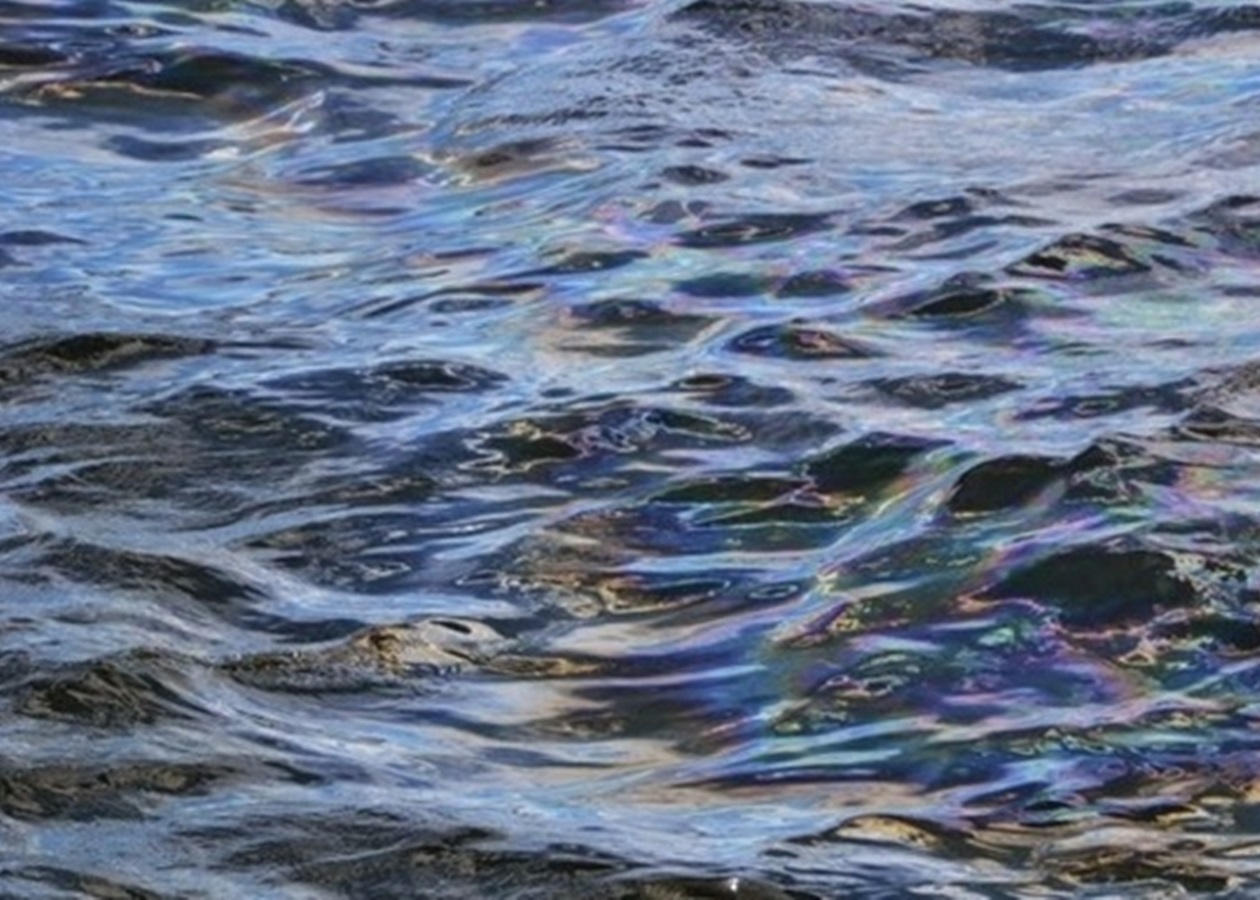A recent leak on the “Druzhba” oil pipeline near the Polish town of Pławy caused concern not only in Poland but also among European consumers of Russian oil. This incident underscores the fragility of the energy infrastructure in the region and the importance of prompt response.
What Happened?
The “Druzhba” pipeline, one of the key routes for supplying oil from Russia to Europe, experienced a leak. Polish emergency responders promptly reacted, ensuring the safety of the area and halting the transportation of oil in the affected section. The operator company PERN SA has initiated an investigation into the causes of the accident and is working on restoring the pipeline’s functionality.
It is currently unknown how the leak will affect the supply of crude oil to refineries in Germany (Leuna and Schwedt) and exports through the port of Gdansk. Experts note that even a temporary cessation of pipeline operation could pose challenges for the energy market in Europe.
Energy Significance of “Druzhba”
“Druzhba” is one of the oldest and longest oil pipelines in the world, constructed in the 1960s. Its total length is about 5,500 km, with routes passing through Poland, Germany, Czech Republic, Slovakia, Hungary, and other countries. The pipeline plays a crucial role in supplying Europe with oil, especially for plants in Central and Western Europe.
Consequences for Ecology and Energy
An incident of this scale could have serious environmental consequences if the oil leak is not contained promptly. Furthermore, such accidents highlight the need for infrastructure modernization. Europe is already exploring alternative energy supply routes as part of a policy to reduce dependence on Russian resources.
Ways to Address the Issue
PERN Company plans to resume pipeline operations as soon as possible. However, the situation requires heightened attention to the safety of energy networks. Given the current geopolitical challenges, similar incidents can impact the stability of energy supply in Europe.
The leak in the “Druzhba” oil pipeline is a warning signal for all of Europe. This incident highlights the need for thorough maintenance of critical infrastructure, strengthening environmental measures, and diversifying energy sources. Experts point out that the stability of oil supply now depends not only on technical factors, but also on political factors that require coordinated cooperation between countries.


